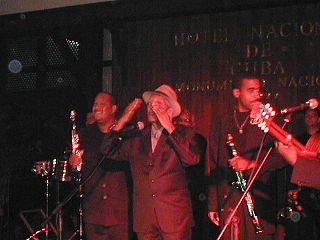A Quote by Anthony Trollope
But the hobbledehoy, though he blushes when women address him, and is uneasy even when he is near them, though he is not master ofhis limbs in a ball-room, and is hardly master of his tongue at any time, is the most eloquent of beings, and especially eloquent among beautiful women.
Related Quotes
True words aren't eloquent; eloquent words aren't true. Wise men don't need to prove their point; men who need to prove their point aren't wise. The Master has no possessions. The more he does for others, the happier he is. The more he gives to others, the wealthier he is. The Tao nourishes by not forcing. By not dominating, the Master leads.
Such young men are often awkward, ungainly, and not yet formed in their gait; they straggle with their limbs, and are shy; words do not come to them with ease, when words are required, among any but their accustomed associates. Social meetings are periods of penance to them, and any appearance in public will unnerve them. They go much about alone, and blush when women speak to them. In truth, they are not as yet men, whatever the number may be of their years; and, as they are no longer boys, the world has found for them the ungraceful name of hobbledehoy.
He looked at her. She was pretty still, with thick hair and soft eyes, and she moved so gracefully that it almost seemed as though she were gliding. He'd seen beautiful women before, though, women who caught his eye, but to his mind, they usually lacked the traits he found most desirable. Traits like intelligence, confidence, strength of spirit, passion, traits that inspired others to greatness, traits he aspired to himself.
Some would define a servant like this: 'A servant is one who finds out what his master wants him to do, and then he does it.' The human concept of a servant is that a servant goes to the master and says, 'Master, what do you want me to do?' The master tells him, and the servant goes off BY HIMSELF and does it. That is not the biblical concept of a servant of God. Being a servant of God is different from being a servant of a human master. A servant of a human master works FOR his master. God, however, works THROUGH His servants.
Often nothing keeps the pupil on the move but his faith in his teacher, whose mastery is now beginning to dawn on him .... How far the pupil will go is not the concern of the teacher and master. Hardly has he shown him the right way when he must let him go on alone. There is only one thing more he can do to help him endure his loneliness: he turns him away from himself, from the Master, by exhorting him to go further than he himself has done, and to "climb on the shoulders of his teacher."
The argument of Alcidamas: Everyone honours the wise. Thus the Parians have honoured Archilochus, in spite of his bitter tongue; the Chians Homer, though he was not their countryman; the Mytilenaeans Sappho, though she was a woman; the Lacedaemonians actually made Chilon a member of their senate, though they are the least literary of men; the inhabitants of Lampsacus gave public burial to Anaxagoras, though he was an alien, and honour him even to this day.
I think women need to hear more encouragement in any field, because I see it - I teach creative writing. And even though it's mostly women in the room, they're not often - or they didn't used to be the ones who went on to publish books. I know this sounds like a tautology, but encouragement is the key.





































